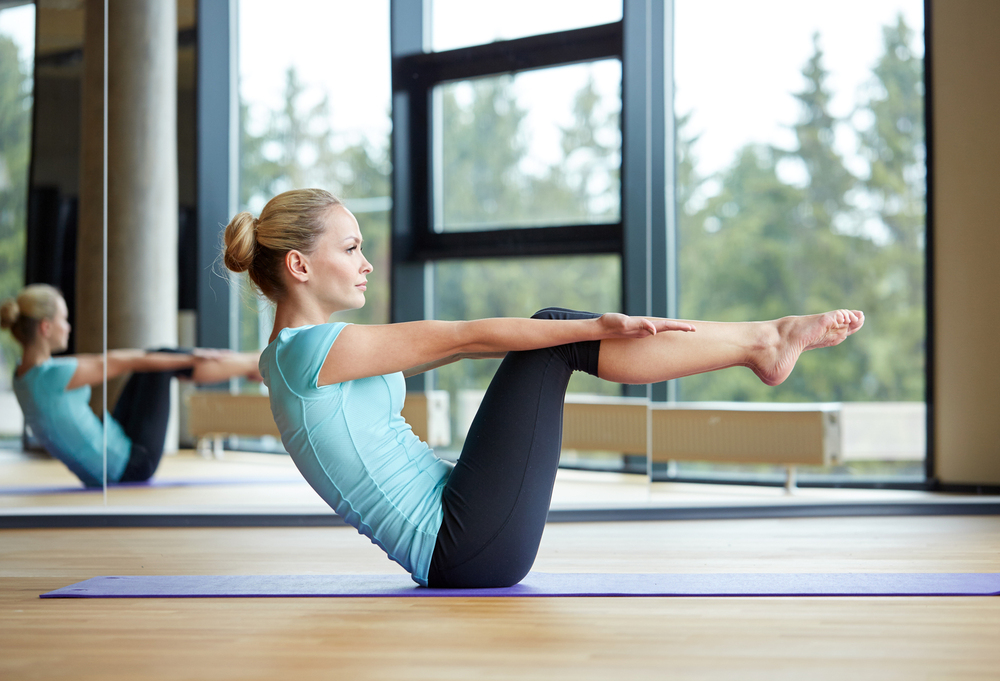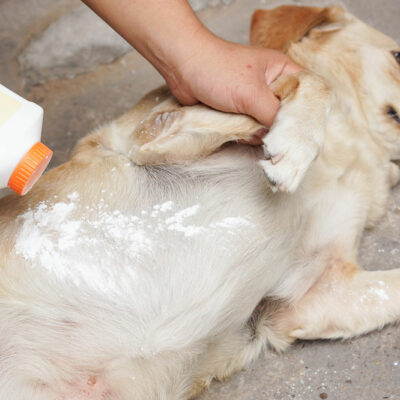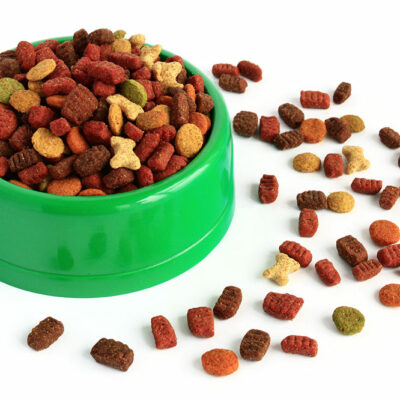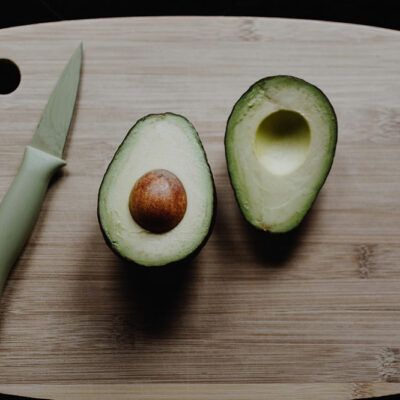
5 Effective Ways to Tackle an Overactive Bladder
An overactive bladder is a condition that causes a sudden and frequent urge to urinate. Some people also experience unintentional loss of urine, which is referred to as urinary incontinence. The condition is more common in women than men. OAB can be an embarrassing health condition to deal with, as it can mean wearing bladder leakage pads and hinder your social and professional life. As organizations like the MSKCC (Memorial Sloan Kettering Cancer Center) continue research on bladder health, we present some lifestyle tips that can be used to effectively manage OAB:
1. Don’t overhydrate
While it is important to stay hydrated for the body to function properly, drinking beyond the standard requirement can worsen OAB. Doctors usually suggest drinking at least eight glasses of water everyday. However, body fluids are processed based on diet and environment. It is also not recommended to cut back on hydration completely, as the lack of fluids can make the urine more concentrated, thereby irritating the bladder and leading to frequent urination. Hence, doctors suggest spacing out the drinking intervals to make sure that it does not aggravate the condition. Avoiding consuming fluids right before bedtime also helps manage an overactive bladder without disrupting sleep.
2. Maintain a diary to track symptoms
This is one of the most basic lifestyle tips for managing an overactive bladder. Maintaining a diary to record symptoms related to an overactive bladder helps knowing when these symptoms are aggravated. Sharing the same with a urologist can help them diagnose the condition and prescribe treatment options for the same. Maintaining a diary to keep a track of food triggers can also help manage the condition better.
3. Limit your caffeine intake
Caffeinated drinks, such as tea, coffee, and alcoholic beverages, are bladder irritants. This means that they can increase the urge to urinate. Hence, it is advisable to steer clear of or at least reduce the consumption of alcoholic beverages and caffeinated drinks if you have an overactive bladder. Caffeinated beverages also have a diuretic effect, making you want to urinate frequently.
4. Limit washing and wiping
While it is important to maintain sanitary hygiene, going overboard can be counterintuitive in case of an overactive bladder. Women suffering from OAB and experiencing menstruation might feel the constant need to clean themselves. However, excessive cleaning, especially with soap, makes the area dry and itchy, and can aggravate symptoms of an overactive bladder.
5. Exercise to gain bladder control
Changes in certain habits related to urination can ease symptoms of OAB by retaining bladder strength in the long run. For instance, double voiding, which involves urinating, then stopping for a few seconds before trying to urinate again, can help in fully emptying the bladder. This can help in reducing the urgency to urinate frequently. Other bladder control exercises, such as Kegel exercises that involve pelvic floor muscles, can strengthen the bladder and suppress the urge to urinate.


